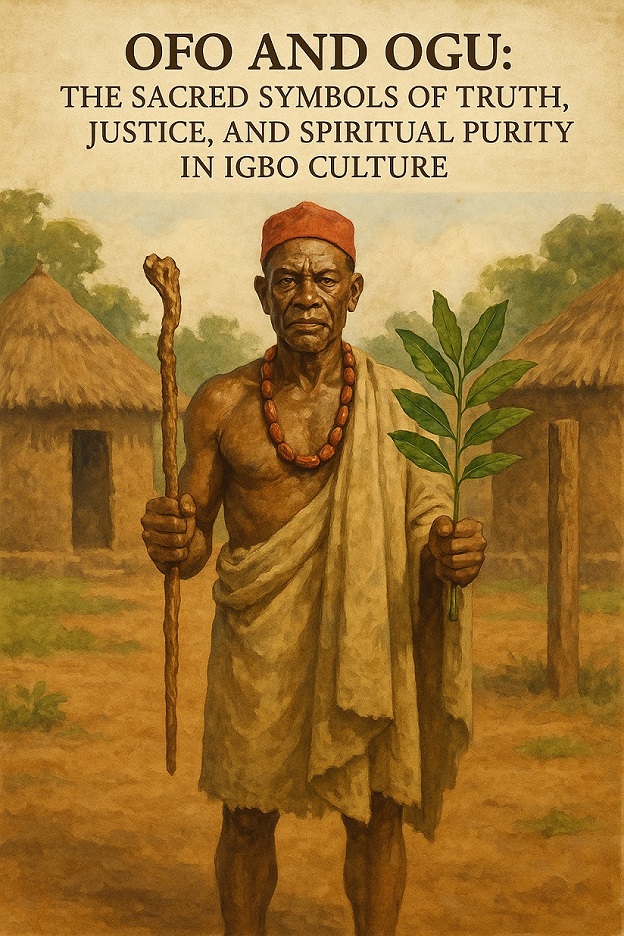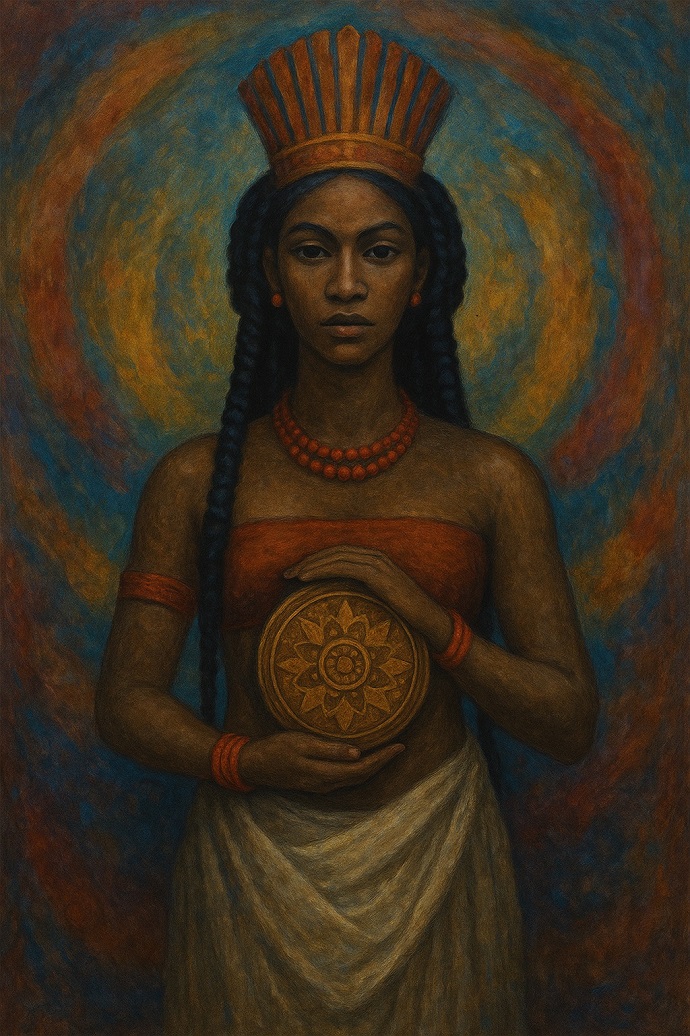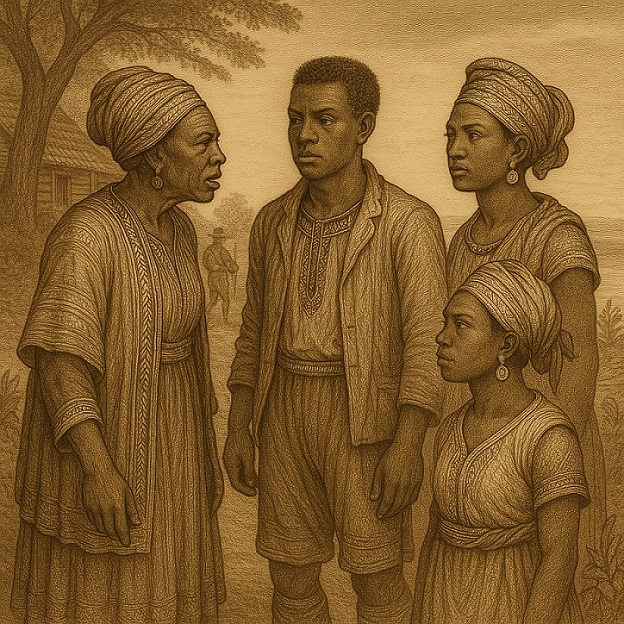
Ọfọ and Ogu: The Sacred Symbols of Truth, Justice, and Spiritual Purity in Igbo Culture
Bongo Music Africa
Author
Ọfọ and Ogu: The Sacred Pillars of Truth and Justice in Igbo Culture
In the heart of Igbo tradition lies a profound spiritual and moral code - Ọfọ and Ogu. These concepts are more than cultural symbols; they are the foundation of justice, truth, and purity in Igbo society. But what exactly do they mean, and why do they remain relevant today?
The Staff of Divine Authority: Ọfọ
Ọfọ is a sacred staff, traditionally carved from the Oji tree, serving as a powerful emblem of truth, leadership, and ancestral connection. It's not just a physical object but a spiritual instrument embodying the moral conscience of the Igbo people.
This sacred symbol carries deep significance. Elders and titled men like Ndi Nze na Ozo hold Ọfọ when settling disputes, as any oath taken with it is believed to carry divine consequences. It serves as a bond connecting the living with ancestors, ensuring decisions align with tradition and spiritual wisdom. Passed down through generations, Ọfọ symbolizes continuity in leadership, particularly among men in patriarchal traditions.
As the Igbo proverb states: "He who holds Ọfọ holds the voice of the ancestors."
Ọfọ functions in both cultural and spiritual realms. Culturally, it maintains social order, resolves conflicts, and upholds traditional governance. Spiritually, it invokes divine justice - lying under its authority is believed to bring misfortune.
The Sacred Principle of Innocence: Ogu
Unlike Ọfọ, Ogu isn't a physical object but a spiritual state of righteousness representing moral cleanliness, innocence, and divine vindication.
The power of Ogu manifests in several ways. When falsely accused, an Igbo person declares "Ogu m!" ("My innocence is clear!") to call upon divine justice. After wrongdoing, specific rituals restore Ogu, ensuring spiritual and communal purity. While Ọfọ is often tied to male leadership, Ogu applies universally to everyone - men, women, and children alike.
In modern life, Ogu continues to play a role. Some still invoke it in disputes, trusting spiritual justice over conventional courts. On a personal level, living by Ogu means upholding honesty even when no one is watching.
Enduring Relevance in Today's World
Despite modernization, these principles remain vital. They serve as a moral compass in an era of deception, reinforcing truth and accountability. They help preserve Igbo identity, especially in diaspora communities. Many Igbo communities still use Ọfọ-based systems to resolve conflicts more efficiently than formal courts.
Ọfọ and Ogu are not relics of the past but active forces in Igbo life. Whether viewed through cultural or spiritual lenses, their message is clear and timeless: Truth endures, and purity matters.
What do you think? Have you witnessed Ọfọ or Ogu in action? Share your experiences in the comments.




